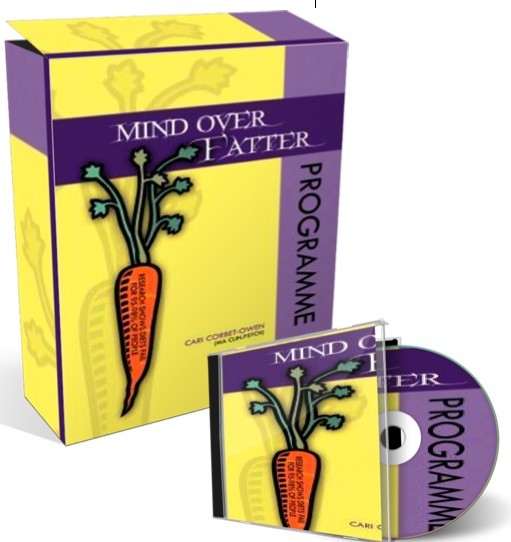Does Nutrition Play a Role in ADHD?
1.Food Intolerances and Allergies:
Some individuals with ADHD may have food sensitivities or allergies that can contribute to their symptoms. Common triggers include gluten, dairy, certain food additives, and artificial sweeteners. Eliminating these problematic foods and following a restrictive diet may help manage ADHD symptoms in some cases.
2.Sugar and Refined Carbohydrates:
Consuming a diet high in added sugars and refined carbohydrates can cause fluctuations in blood sugar levels, leading to hyperactivity and mood swings. Studies suggest that limiting sugary foods and beverages may help reduce ADHD symptoms and improve attention and focus.
3.Omega-3 Fatty Acids:
Omega-3 fatty acids, particularly DHA (docosahexaenoic acid), are essential for brain development and function. Research indicates that a diet rich in omega-3 fatty acids, found in foods like fatty fish, walnuts, and flaxseeds, may have positive effects on ADHD symptoms, including impulsivity and hyperactivity.
4.Zinc and Iron:
Deficiencies in zinc and iron have been associated with ADHD in some individuals. Zinc is crucial for brain development, and iron is necessary for the production of neurotransmitters involved in attention and focus. Ensuring adequate intake of these nutrients through diet or supplements may be beneficial.
5.Gut-Brain Connection:
Emerging research highlights the role of the gut microbiome (the collection of microorganisms in the digestive system) in brain health and behavior. Imbalances in gut microbiota have been linked to ADHD symptoms. Eating a diverse and balanced diet, including probiotics, prebiotics, and fermented foods, may help support a healthy gut-brain axis.
6.Food Additives and Artificial Colors:
Certain food additives and artificial colors, such as those found in processed foods and beverages, may potentially worsen ADHD symptoms in susceptible individuals. Limiting consumption of foods with these additives may be beneficial.
However, it's essential to note that the impact of nutrition on ADHD may vary among individuals. Consulting a registered dietitian or a healthcare professional with expertise in ADHD nutrition is crucial to determine the best dietary approach for managing ADHD symptoms. They can provide personalized recommendations based on an individual's specific needs and sensitivities.
-
Weightloss
QuestionI have tried to loss weight on multiple occasions and do
-
overeating
Questionhi, i actually know that i am the only one that can answe
-
my lower half needs desperate help!!!!
QuestionHello.... After my illness and l
-
Weight loss pill
QuestionI am 210lbs and a 15 year old female. I know i am overwei
-
help
Questionim 14 and over 100 pounds over weight. i am 5ft 3 1/2 inc
-
lazy stomach?
QuestionHi My biggest problem is I am a short guy with a big bell
